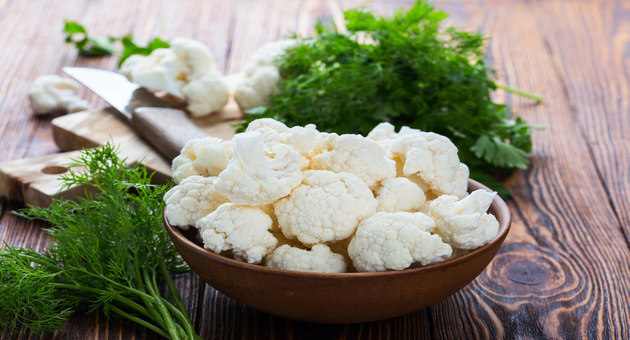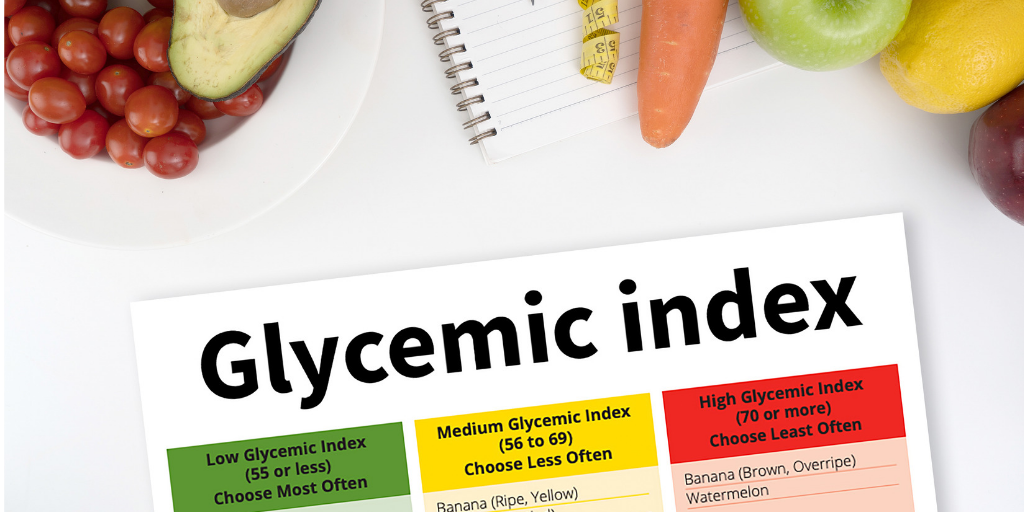Milk and dairy products are a good source of calcium – but they’re not the only way to meet your calcium needs. Here are four other foods that have more calcium than milk.

WHY WE NEED CALCIUM
Calcium is one of the minerals your body needs to function. You probably already know that it’s important for strong bones and teeth, but did you know that calcium is also needed to ensure your blood clots properly, and that your heart beats as it should?
If you eat a varied and balanced diet, you don’t have to think too much about getting enough calcium. But if you’re avoiding milk and other dairy products because you’re lactose intolerant, or you’ve chosen to eat a plant-based diet, you might like to know which other foods can help provide you with your daily intake.
The good news is that you have a lot of options, and many non-dairy foods have surprisingly high amounts of calcium – some even more than milk.
1. GREEN VEGETABLES
Kale has around 250 milligrams (mg) of calcium per 100g, which is comparatively higher than whole milk’s 110mg per 100g.2 Some other green veg, including collard greens, are good sources of calcium, too.
Calcium is also found in large quantities in spinach and chard, but unfortunately they also contain a lot of a group of molecules called oxalates that bind to calcium and make it unavailable to our bodies.
2. TOFU
Tofu is made by solidifying soy milk in a process known as coagulation, typically by using calcium sulfate. Thanks partly to this addition, the resulting food contains a whopping 680mg of calcium per 100g.
Tofu that’s made with a different coagulant will contain less calcium – though all kinds of tofu are still decent calcium sources because they’re made from soybeans.
3. BEANS
The next time you tuck into a bowl of veggie chili, you’ll be strengthening as well as warming your bones. Beans are an excellent vegan friendly calcium source. The humble kidney bean packs a decent amount of calcium, at 140mg per 100g of raw beans, as do soybeans which contain almost 280mg per 100g.2 Chickpeas and white beans also have a lot of calcium, with around 120mg and 160mg per 100g of raw beans respectively.
4. NUTS AND SEEDS
Most nuts are a good source of calcium, but almonds rank the best at around 260mg per 100g. Walnuts, hazelnuts, and Brazil nuts are also worth adding to your diet if you want to be sure you’re getting enough.
Some seeds have even more calcium, with sesame seeds coming in at around 980mg per 100g.
It also goes without saying that nuts and seeds are perfect vegan calcium sources!
5. FORTIFIED FOODS AND DRINK
With today’s technological advances, you can get all the calcium you need in other kinds of foods. In fact, many foods are fortified with vitamins and minerals to make sure people are getting enough calcium.
Breakfast cereals, bread, orange juice, and plant-based milk alternatives (like soy and rice drinks), can all have added calcium. In fact, in some countries like the UK, all flour must be fortified with calcium.5
These additions are made in the manufacturing process. For example, calcium is added to flour in the form of calcium carbonate (a white chalky powder) to fortify bread, or to soy milk usually in the form of tri-calcium phosphate, which is the type of calcium found naturally in dairy milk.
CALCIUM ALONE IS NOT ENOUGH
When it comes to actually absorbing calcium into your body, it’s not just about a food’s calcium content – it’s about the availability of that calcium to your body, which is why even though spinach contains a lot of calcium, it’s not as bioavailable which makes it unlikely to be a great source of calcium in your diet.
You also need vitamin D, either from your diet or from exposure to sunlight, so that your body can absorb the calcium.







